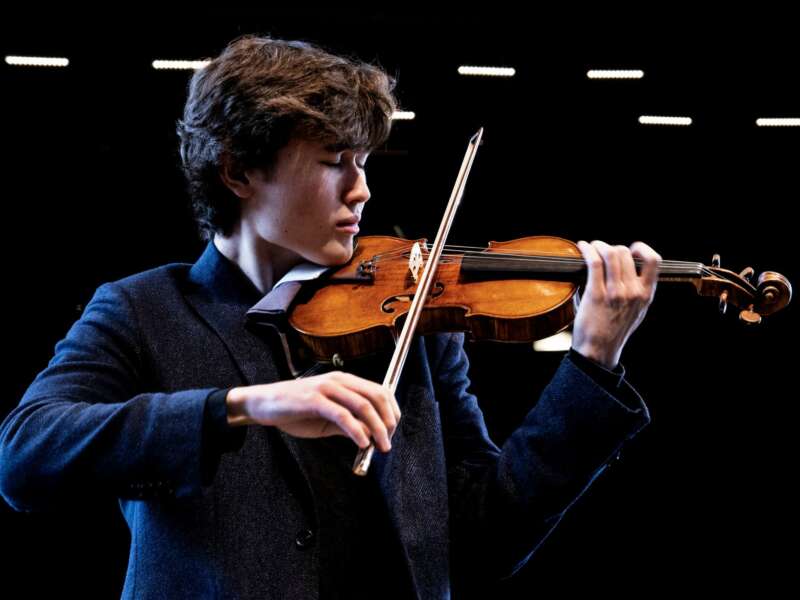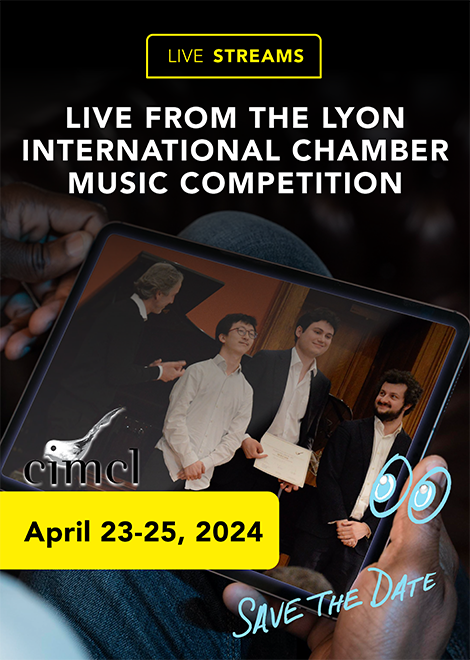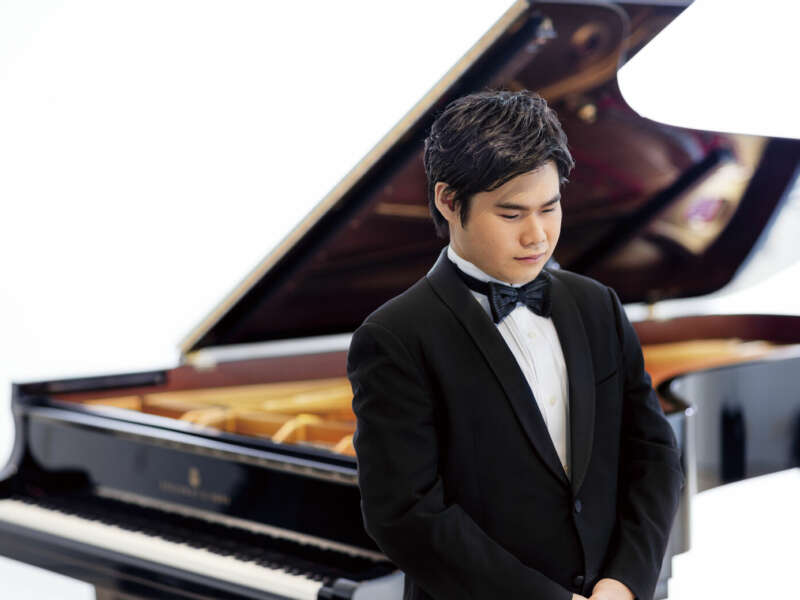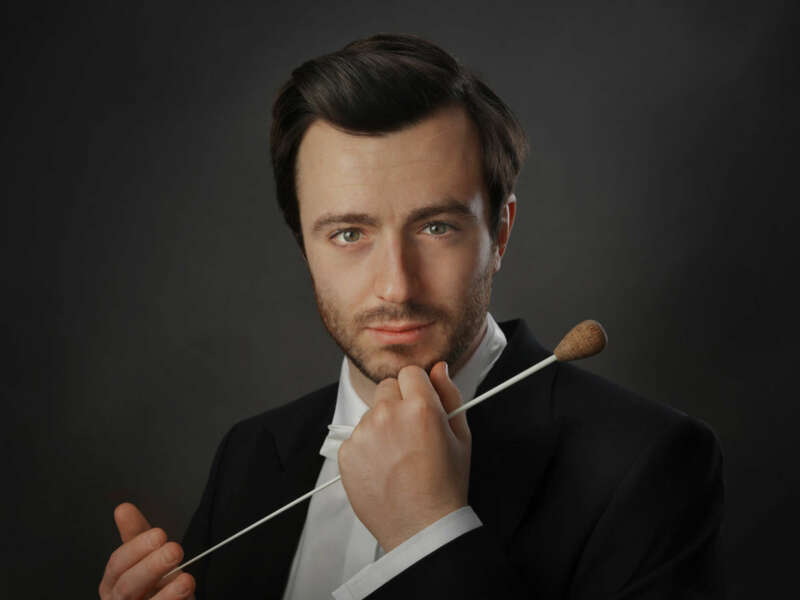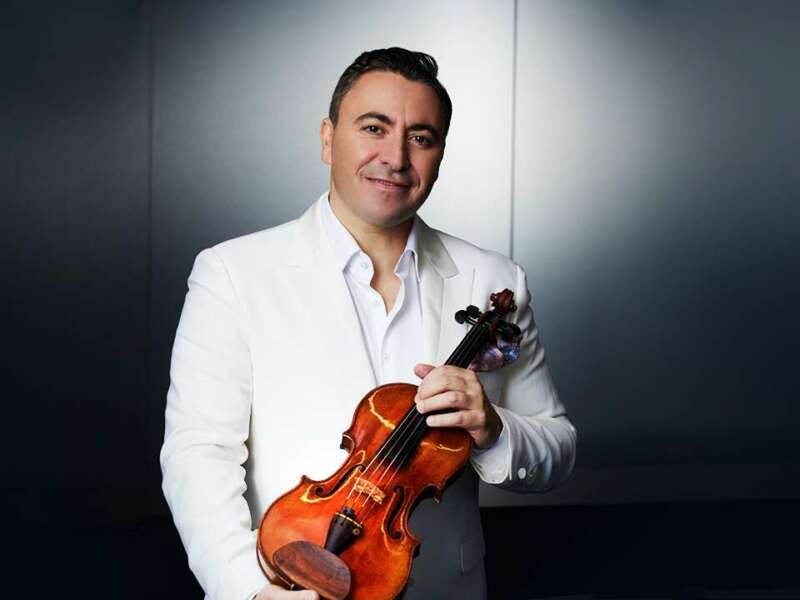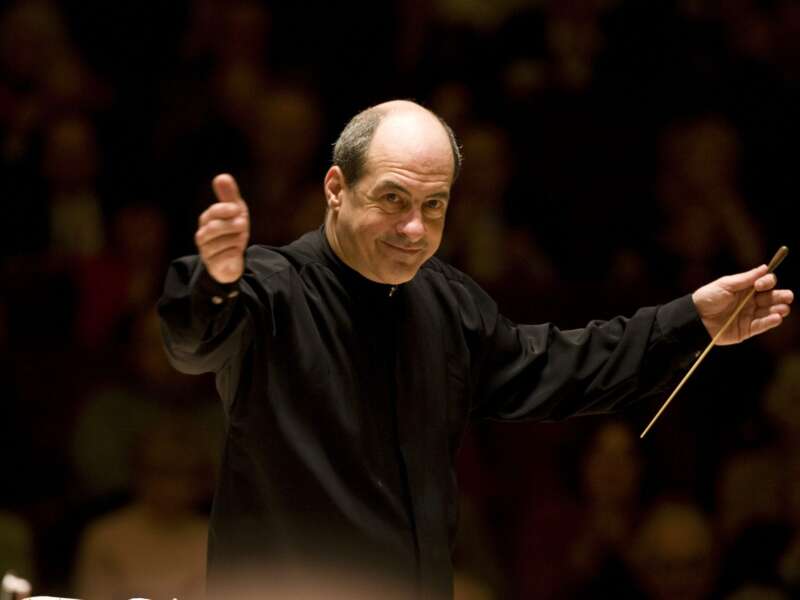What Successful Orchestral Candidates Should Do To Ensure They Ace Their Probation Period
The Violin Channel recently caught up with a panel of esteemed orchestral members and conductors – to get the inside word on the dos and don'ts of a successful orchestral probation period.
Conductor Marin Alsop
Baltimore Symphony and Sao Paolo State Symphony Music Director
Probation is the time when all factors are considered ... not just performance and preparation - which also need to be exemplary.
One’s interactions with colleagues need to be friendly and non defensive.
Be open to criticism and open to change ... even touching base and asking for input from people.
It’s a balance, though so don’t be overly solicitous either


Alexander Kerr
Concertmaster of the Dallas Symphony Orchestra
BE PREPARED for the first rehearsal!
One should know every entrance as if his/her life depends upon them and be able to play every work with an ease that would enable them to be able to look up at the conductor often and be aware of their colleagues simultaneously.
One should arrive early to every rehearsal and concert ... in my opinion, at least 45 minutes to an hour before! This will exhibit a good work ethic, instill confidence in colleagues of one’s seriousness and professionalism and prevent any possibilities of arriving late for a scheduled service!!!!
Last but not least ... one should never say anything about ANYONE that they wouldn’t say to the person’s face.
A probationer should always consider themselves a “guest in the orchestra’s house” – remaining as positive and as friendly as possible


Roman Simovic
Concertmaster of the London Symphony Orchestra
Always be 100% prepared for the rehearsal ... and study the part like you study a solo concerto!
Bring a pencil ... sit straight ... take a shower ... be nice to people ... come to the rehearsal early ... give all the energy you have to every rehearsal and concert ... and make sure you are contributing to your section's sound, as if it's one.
If you want the job so much, do the maximum you can ... and if in the end, it doesn’t happen, all that matters is that knowing you did the maximum you could


Dale Barltrop
Concertmaster of the Melbourne Symphony Orchestra
When starting out in an orchestra, I would say that it is crucial to be 500% prepared for the first rehearsal of each program.
You may notice that some of the musicians around you might not be quite so prepared as they should be at first, but don’t fall into the trap of thinking that this is acceptable.
It is so important to demonstrate to your colleagues that you are on top of your part and have put in the necessary time at home before showing up to rehearsal. I have seen people fail their probations for this very reason… not because they aren’t fine players, but because they simply haven’t spent enough time with their part.
This also includes knowing the score .... especially crucial if you are a principal player, but even if you are a tutti player, having a basic understanding of how your part fits with the rest of the orchestra is immensely valuable.
Another factor that tends to trip people up is a lack of awareness and sensitivity to what’s going on around them. Notice what other members of your section are doing as much as possible … be prepared enough with your own part so that you are able to observe how people are playing around you, ensuring that you are matching your colleagues and especially your principals.
Don’t fall into the trap of being a shrinking violet. Whilst it is important that you can demonstrate your ability to blend and fit in with your section, you also don’t want to play so timidly that your colleagues will question whether you contribute enough to the group sound. Be confidently aware at all times!
And lastly, be a team player ... this doesn’t just apply to rehearsals and concerts. Establish relationships with your colleagues and show them that you are invested in the orchestra.
You don’t have to be best friends with everybody, but people want to have a sense that you will be a welcome addition to the family!


Rudolf Koelman
Former 1st Concertmaster of the Royal Concertgebouw Orchestra
Lead with modest body movements ...
Even when you've played the piece before, practice and prepare it well as if it was new.
For rehearsals and concerts, always be early ... NEVER come late or in the last few minutes ... for any reason!
Be aware of and respectful of the hierarchy in and around your orchestra ...
Don‘t try to change anything during your trial period – just observe and do what you are supposed to do.
And, never voice any negative thoughts about or towards anybody in or around your orchestra during your trial period ... even when you're tempted to do so by your colleagues


Vesko Eschkenazy
Concertmaster of the Royal Concertgebouw Orchestra
Once selected, one must make sure that they completely understand the traditions of the orchestra ... the way the orchestra sounds, works and functions – and try their utter best to fit in.
But also, never forget that the trial is not only one-sided... the candidate needs to also find out if the orchestra suits them during the trial period.
My experience is that errors are made mostly when people are not observing well enough the culture and traditions of the orchestra


David Kim
Concertmaster of the Philadelphia Orchestra:
This is a sensitive subject for sure ... Probation/tenure is, on paper, a necessary and effective tool.
Implementing it is quite another story ...
Once people become a ''part of the family'' it's hard to make the tough call, not only for the members of the orchestra, but also for the Music Director ...
Performing while under probation is a delicate balance as some colleagues are judging you while sitting with or near you and others, solely based on watching you from a distance. For the latter, they can't hear you because you're too far away. Of course, no one wants any artificial or manufactured movements or enthusiasm. But I will say that if you want to create doubt and suspense in your process, just look like you're ''phoning it in.''
A lack of intensity and focus transmit all over the orchestra and the audience picks up on it too ...
In the orchestra world at this level, it really is rare when someone can blend into the woodwork yet get away with it


Do you have a question you’d like our network to answer? Simply email: [email protected]
may 2024




